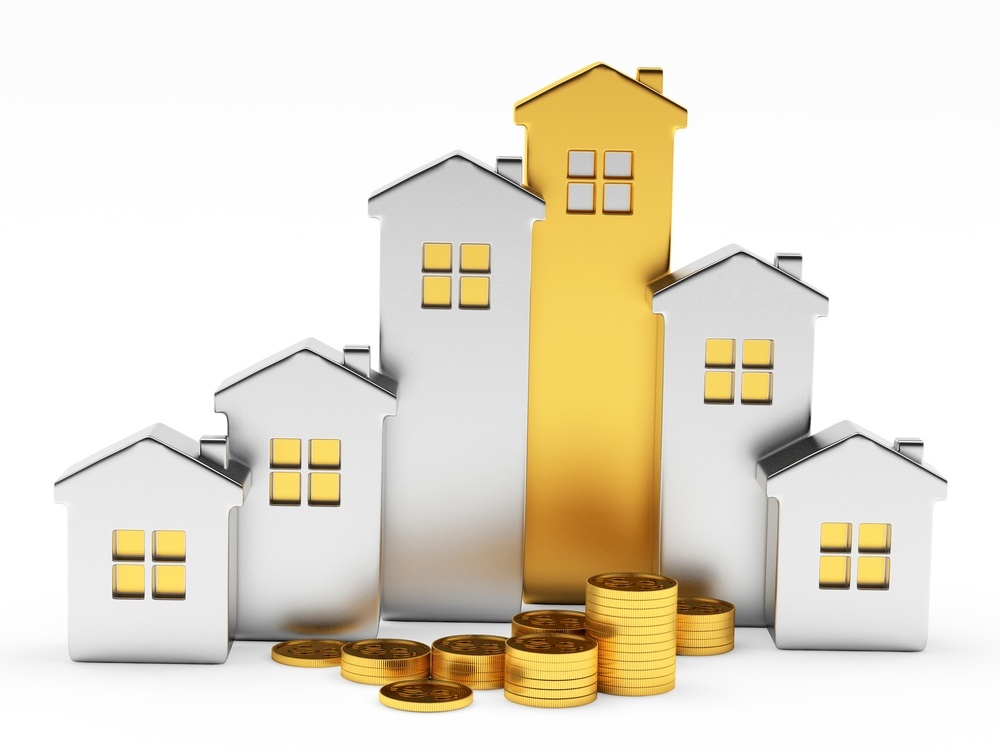 One of the hardest things about getting your home ready to sell is figuring out what you want your home’s asking price to be. Trying to determine the value of a home is no easy task since the value of a home depends on many different factors such as its size, features, location, condition, and the real estate market in your area.
One of the hardest things about getting your home ready to sell is figuring out what you want your home’s asking price to be. Trying to determine the value of a home is no easy task since the value of a home depends on many different factors such as its size, features, location, condition, and the real estate market in your area.
If you’ve made some improvements to your home or property values in your neighborhood have increased since you moved in, you’ll certainly want to be sure you’re not selling yourself short. But if you set your asking price too high to begin with, which many homeowners often do just to see if anyone will be willing to pay that much, you run the risk of your home staying on the market longer than it should. The longer a home stays on the market, the harder it is to sell and more its price tends to come down. One study from 2013 found that homes that sell within their first week on the market typically sell for over the asking price whereas homes that spent four months on the market sold for 11.53% less than than the original asking price.
Before you put your home on the market, here are a few ways to help you set the right price for your home.
Have Your Home Appraised
One problem many homeowners run into when trying to price their home is that they overestimate the value of certain improvements they made. Not all home renovations and improvements have a particularly good return on investment. Things like adding a swimming pool or a backup power generator actually tend to have a rather low return on investment. And while there are lots of home improvements that do have an excellent return on investment, like new vinyl replacement windows or a new steel front door, it’s still important to determine the right value of your improvements.
Many homeowners also have a tendency to add a little more to their home’s asking price because of their own sentimental attachment to the home. Having an appraiser come out and evaluate your property is definitely one of the best ways to get an accurate, unbiased idea of what your home is really worth. While many real estate websites like Zillow will provide estimates of a home’s value, it’s not always the most accurate or reliable source of information.
Talk to a Real Estate Agent
Even if you’re thinking of selling your home yourself, talking to a real estate agent or two about a comparative market analysis (CMA) could be very valuable. This will provide you with information like the prices that similar homes in your area have recently sold for, comparable homes in your area that are currently for sale, and some homes that were recently removed from the market because they didn’t sell. This type of information about what the real estate market is currently like will be very helpful in giving you guidance about what your home’s price should be.
Remember How People Search for Homes
When most home buyers look for homes, they typically search online by entering a price range in round amounts, like $150,000 to $200,000. If your home is appraised at an amount that’s very close to a round number, such as $202,000, asking $200,000 instead might actually work more in your favor. A person who is looking to spend up to $200,000 on their new home might be willing to consider one just slightly over that amount, but they simply won’t see those listings if they search by setting the maximum amount at $200,000. Asking just a tiny bit less might be worthwhile if it helps your home sell faster by making it visible to a wider audience.
